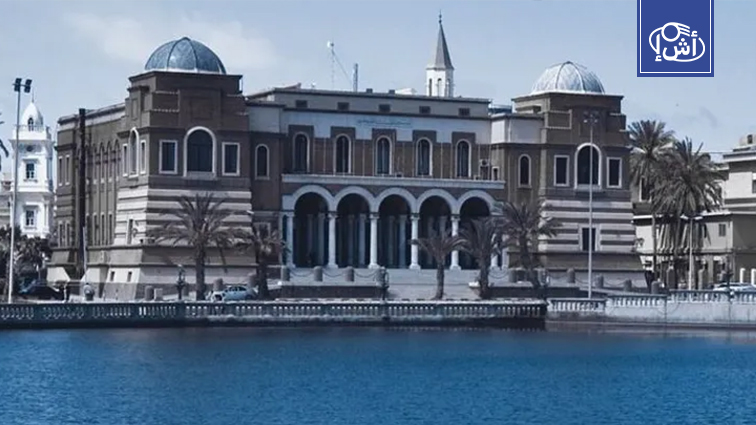The Central Bank of Libya has announced new measures to regulate the use of foreign exchange between companies and traders in Libya by introducing an “electronic card” system designed to finance imports.
The maximum limit for financing through these cards is set at $500,000 per year for each card, with an emphasis on their use across points of sale for industrial, commercial and service purposes.
The directives of the Central Bank also stressed the need to have a valid CBLKEY code for all beneficiary parties, and to have an official license to practice commercial or industrial activity and register with the Ministry of Economy.
Naji Issa, Director of the Banking and Currency Control Department, stated that updating the controls related to the opening of documentary credits is to prevent manipulation and enhance transparency, explaining that proforma invoices are only accepted by companies registered with the accredited authorities.
The Central Bank recently opened 399 documentary credits to companies operating in the fields of food, pharmaceuticals, electronics and others, with the aim of improving supply chains and enhancing the stability of the Libyan market.
Libya’s foreign exchange reserves amounted to about $29 billion, while Libya’s foreign exchange reserves and assets frozen abroad totaled $152 billion.
Libya’s average official foreign exchange reserves are sufficient to cover its merchandise imports for 41.3 months, and a 27% tax was imposed on foreign exchange, while foreign exchange uses reached $ 35.3 billion, while revenues amounted to 25.4 billion dinars, recording a deficit of $ 9.9 billion.
Closure of the coastal road leading to the Ras Jedir crossing between Libya and Tunisia
